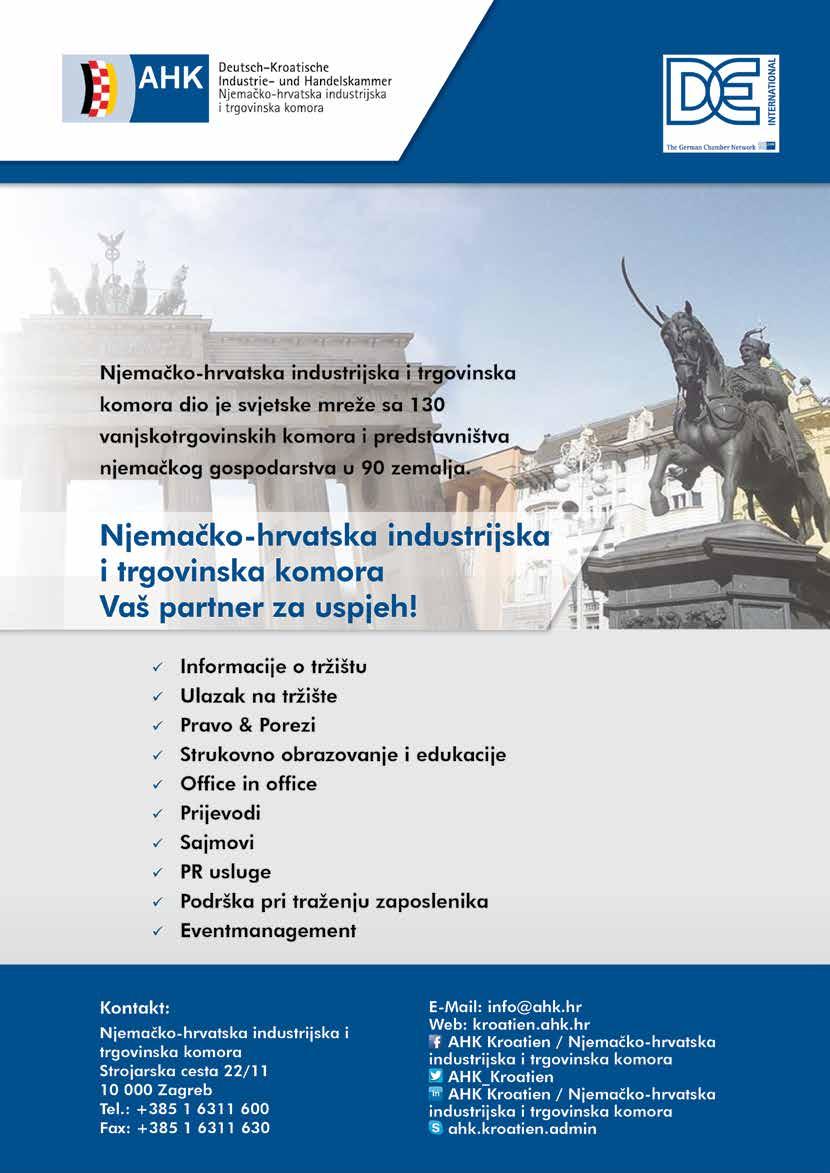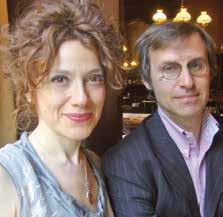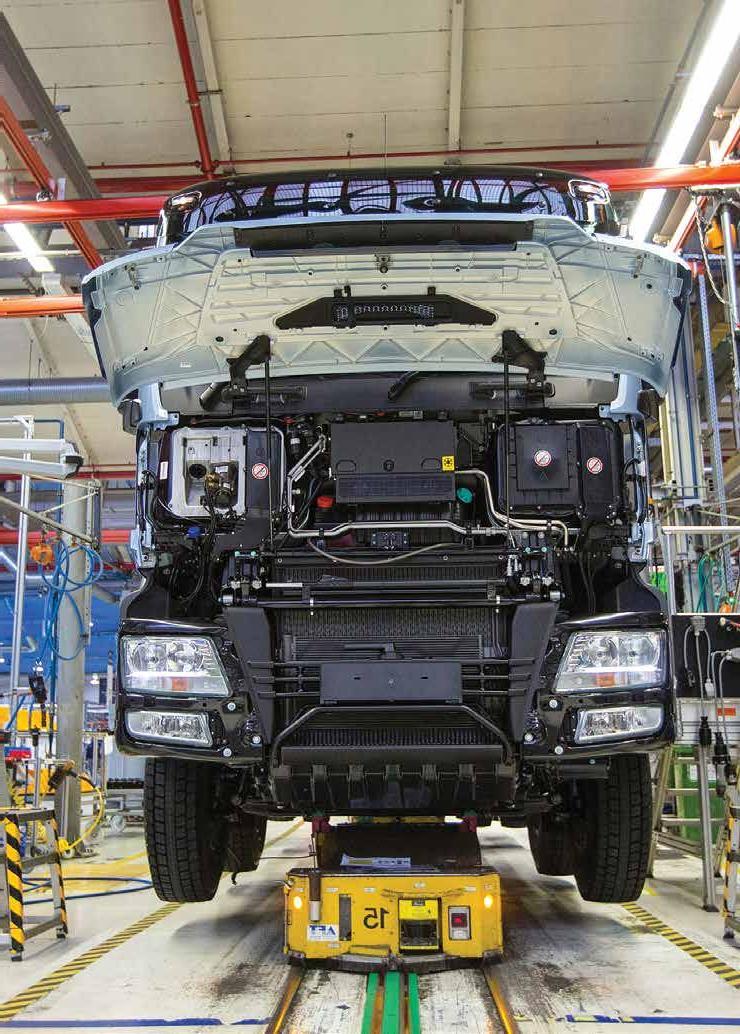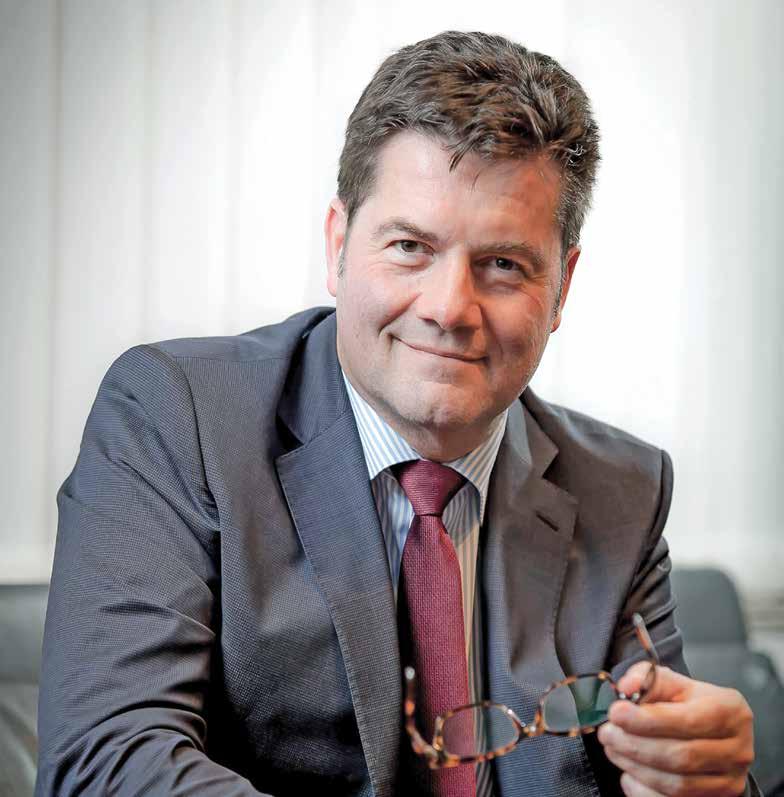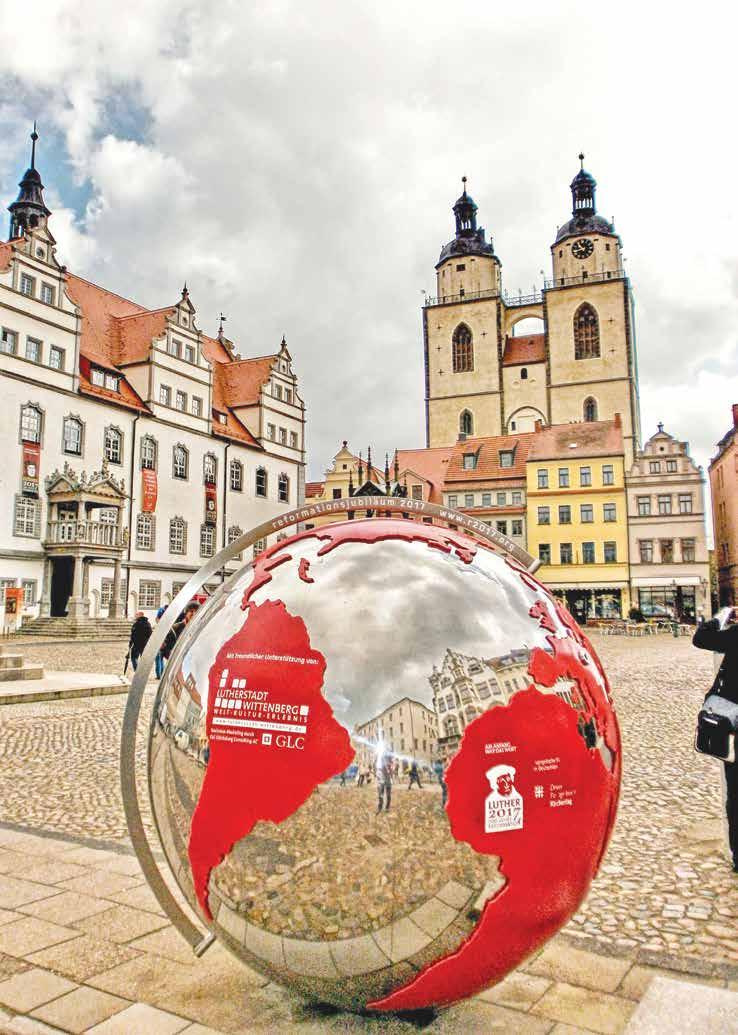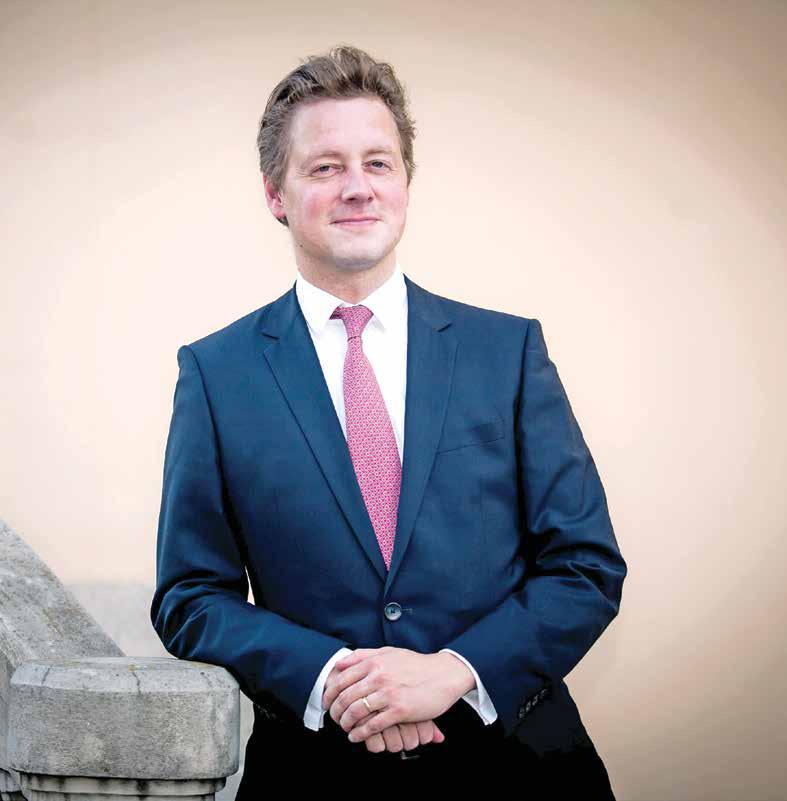
2 minute read
GERMAN DUAL EDUCATION MODEL
EDUCATION
GERMAN DUAL EDUCATION MODEL – A REAL EXPORT BULLSEYE
Advertisement
Many European countries have recognized this model as an efficient instrument in ensuring high quality, professionally trained workforce, and their better inclusion into the labour market
Facing a high unemployment rate and lack of professionally trained workforce, Croatia has joined a new trend which is supported, among others, by the German-Croatian Chamber of Commerce and Industry.
WHAT IS EXACTLY DUAL
EDUCATION?
It is a principle of how two partners function – there is school, on one side, and a company, on the other, which share responsibility for vocational education of young people. The emphasis here is learning through work. Under this dual education system, from the very beginning of their schooling, studen ts are also working in companies three to four days a week, where they are taught practical knowledge. The theoretical curriculum is taught a t their school one or two days a week.
By doing so, students are being educated in a way that suits labour market needs. The f act that over 2/3 of young people in Germany have chosen dual education, and that the youth unemployment rate in this country has been the lowest in the EU for years, speaks in favour of just how successful is this cooperation between business sect or and education system.
It is clear that the German dual education model cannot be fully translated to o ther countries. However, its main elements can be implemented in other education systems with bilateral chambers of c ommerce playing crucial role in supporting this intention.
RETAIL AND TOURISM JOBS WILL BE 'DUALIZED' FIRST
The German-Cr oatian Chamber of Commerce and Industry (AHK) is implementing a pilot project with the goal of realizing, testing and evaluating the results of d ual vocational education in Croatia. The Federal Ministry of Economy and Energy (Bundesministerium für Wirtschaft und Energie – BMWi) and the Association of the German Chambers of Commerce and Industry (DIHK) are funding the project. The first vocations to be included in dual education are those in retail and tourism, followed by technical jobs. The focus is on German standards, as well as on the framework curricula and test rule books which are used in Germany. Mid- and long-term, AHK plans to advise Croatian companies how to train students, coordinate cooperation with vocational schools, tr ain mentors in companies, and perform quality tests.
It is also important to show to both students and their parents that dual education is not a one-way street but should be vie wed as a practically-oriented foundation for life-long learning, and, simultaneously, as a job seeking orientation. Although this is a long pr ocess, implementing dual education according to German standards would permanently contribute to bridging the gap between expectations and needs of companies, and skills of students in vocational schools.
